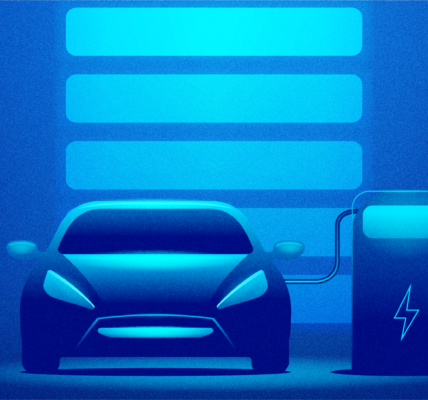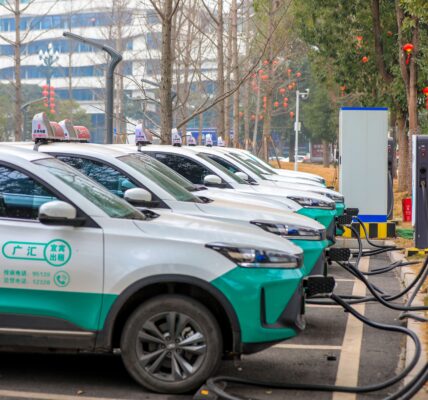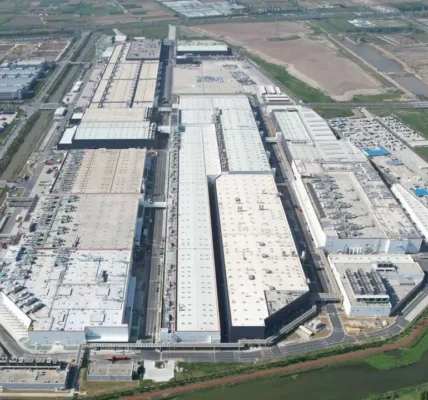BIG Oil faces a tiny foe on the streets of Asia and Africa. The noisy, noxious vehicles that run on two and three wheels, carrying billions of people daily, are quietly going electric – in turn knocking down oil demand by one million barrels a day this year.
In Kenya and Rwanda, dozens of startups are vying to replace oil-guzzling motorcycle taxis with battery-powered ones. In India, more than half of all new three-wheeled vehicles sold and registered this year were battery-operated. Indonesia and Thailand are also encouraging electrification of motorcycle taxis.
China dominates the market. Its government began promoting electric vehicles decades ago in a bid to clean its smog-choked cities, which explains why a vast majority of the world’s electric two-wheelers are in China.
The shift to electric mobility overall has reduced global oil demand by 1.8 million barrels every day, according to BloombergNEF, a research arm of Michael Bloomberg’s financial data and media company. Two and three-wheelers account for 60 per cent of that reduction, or 1.08 million barrels.
Taken together, cars and smaller electric vehicles are projected to displace only 4 per cent of total oil demand this year. Still, their growth is vital to the energy transition because transportation accounts for about 20 per cent of global greenhouse gas emissions. Of all the changes the world is making to slow further warming, electric vehicle sales are the only category on track to meet climate goals, according to an exhaustive independent study.
Electric vehicles also solve the more immediate problem of air pollution, which the World Health Organization links to an estimated seven million premature deaths annually.







